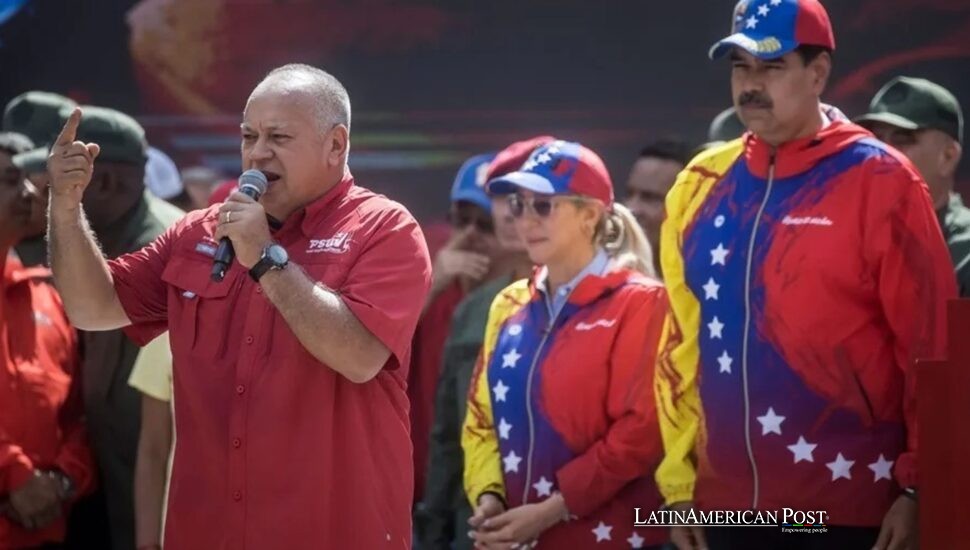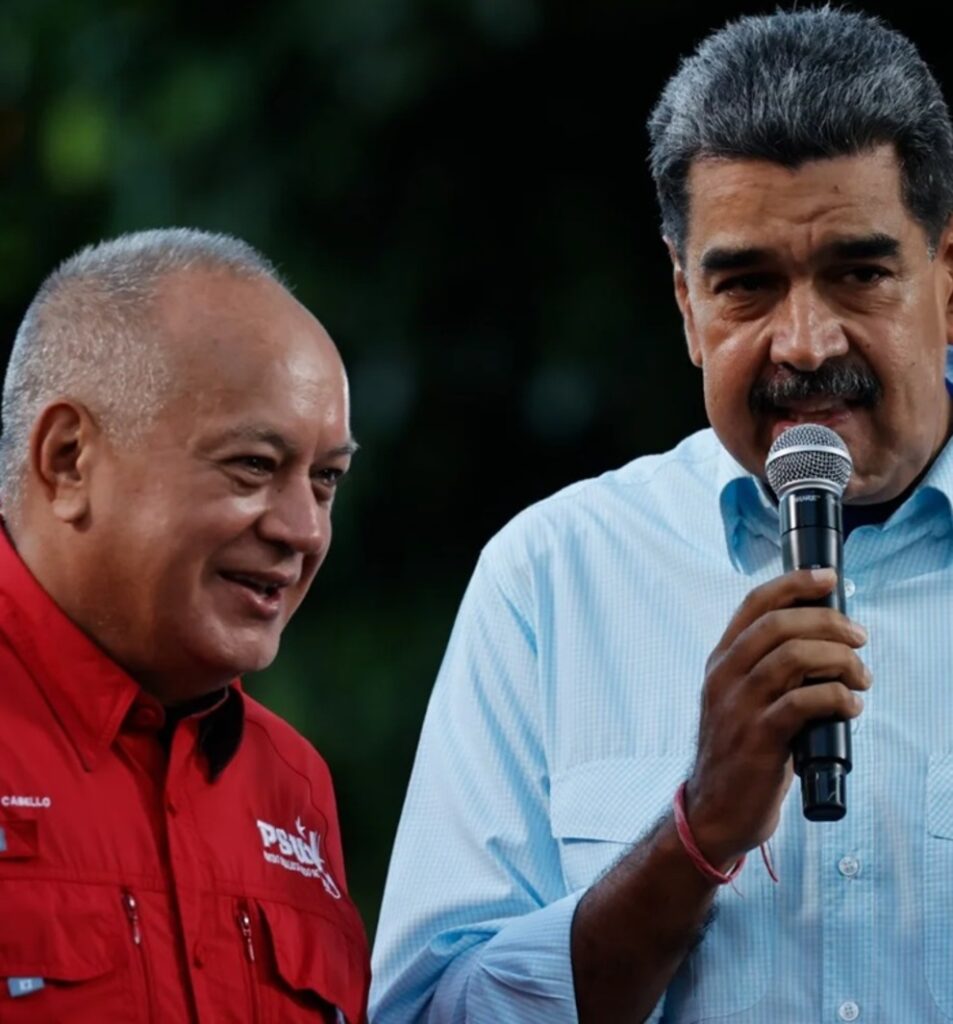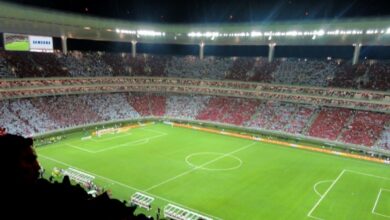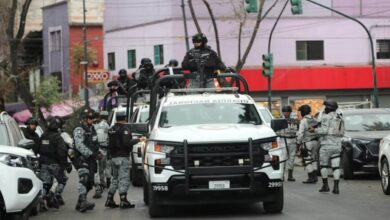Venezuelan Suns Under Siege as Terror Label Rewrites the Map

The U.S. decision to classify Venezuela’s Cartel de los Soles as a terrorist organization has transformed a long-shadowed allegation into a hemispheric flashpoint. With Ecuador quickly echoing Washington, the move revives two decades of claims about military complicity, shines a harsher spotlight on Nicolás Maduro, and links the alleged network to the hemisphere’s most notorious gangs.
A name written in “suns”
The label traces back to the early 2000s, when journalist and city councilman Mauro Marcano accused senior officers of Venezuela’s National Guard of steering narcotrafficking. He called the network “Cartel de los Soles,” a pointed reference to the golden suns that mark generals’ insignia. Days before he was set to formalize his allegations, Marcano was assassinated in September 2004. His murder etched the name in both public imagination and regional security jargon.
By mid-2005, the term had spread to international media. A Caracas-based diplomat told The Miami Herald the group resembled “a considerable cluster of Army and National Guard generals.” Over the years, investigations linked the alleged consortium to traffickers like Colombian paramilitary boss Hermágoras González Polanco, and to smuggling corridors stretching across Venezuela’s borders. As power shifted in Caracas and sanctions mounted, the “Soles” moniker grew—part accusation, part shorthand—for the fusion of organized crime with state structures.
A new label, new tools
On July 25, 2025, Washington hardened an allegation into law, designating the Cartel de los Soles a terrorist organization. The statement called it “a criminal group based in Venezuela, led by Nicolás Maduro Moros and other senior officials.” It accused it of providing “material support” to the transnational gang Tren de Aragua and Mexico’s Sinaloa Cartel.
The implications are sweeping. A terror listing opens an arsenal of U.S. tools: asset freezes, travel bans, criminal liability for material support, and the ability to target financial middlemen who had operated on the edges of past sanctions. Within days, the United States doubled the reward for information leading to Maduro’s arrest to $50 million. The message was unmistakable: pressure at the top, risk multiplied throughout the chain—couriers, bankers, pilots, fixers.
Ecuador, battling its own spiral of cartel-fueled violence, quickly followed suit with its own designation. In doing so, the “Soles” ceased to be a bilateral feud between Caracas and Washington and became a regional test of will, capacity, and alignment.
Denials, defiance, and the geopolitics of a label
Caracas rejects the cartel’s existence outright. “The Cartel de los Soles is an invention,” Interior and Justice Minister Diosdado Cabello declared in an August 7 press conference. He mocked the allegation’s endurance: “In all this time, it has had like 300 bosses—anyone who bothers them becomes ‘head of the Soles.'”
The government’s defiance is aimed at both domestic audiences and skeptical allies abroad, casting the designation as lawfare dressed in counter-narcotics rhetoric. Yet endorsements beyond Washington—especially Ecuador’s—suggest the debate has shifted. For U.S. policymakers, the Soles listing unifies a tangle of investigations into a single narrative: that a state-linked consortium is aiding the hemisphere’s most destabilizing actors. The reference points are potent. Tren de Aragua, born in Venezuelan prisons, now stalks migrant corridors across Latin America. The Sinaloa Cartel operates globally, from fentanyl labs to European ports.
Critics of the designation warn of overreach, arguing it risks oversimplifying complex networks and hardening Caracas against future negotiations. Supporters counter that the scale of violence demands blunt instruments. Either way, the label itself alters the cost of doing business: banks de-risk, insurers step back, front companies lose cover, border officials gain leverage to dig deeper, seize faster, and extradite more often.

EFE
What to watch next
The confrontation now unfolds on three fronts.
First is enforcement. Designations only matter if followed by cases that squeeze enablers: shell-company directors in third countries, port officials leaking container numbers, logistics managers who swap seals for cash. Expect pressure on the insider problem in maritime supply chains and on the clandestine air routes that lace Venezuela’s interior.
Second is coalition-building. Ecuador’s alignment may be the first of several. If other governments—especially transshipment hubs and financial gateways—join in, the listing’s bite grows sharper, making the “Soles” not just a Venezuelan affair but a regional target.
Third is narrative. Maduro’s government will fight to frame the listing as an attack on the state itself, a pretext for imperial overreach. Washington’s counter will depend not on podiums but on evidence: indictments tracing money flows, phone records mapping chains of command, testimonies confirming protection rackets.
The story’s origin still haunts its present. A murdered journalist who dared to speak of “suns” left behind a phrase that grew into a geopolitical fault line. Two decades later, the stakes are continental, the legal tools sharper, the allegations more sweeping. Whether the terror label cracks open an embedded ecosystem or hardens it against outside pressure will hinge on painstaking investigations and slow diplomacy.
Also Read: Colombia Learns the Hard Way What Lazy Security Really Costs
For now, the “Soles” have stepped from whispered shorthand into the formal machinery of global counterterrorism. The price of complicity—or denial—will no longer be set only in Caracas. It will be calculated across a hemisphere that is no longer willing to pretend the shadows are harmless.





